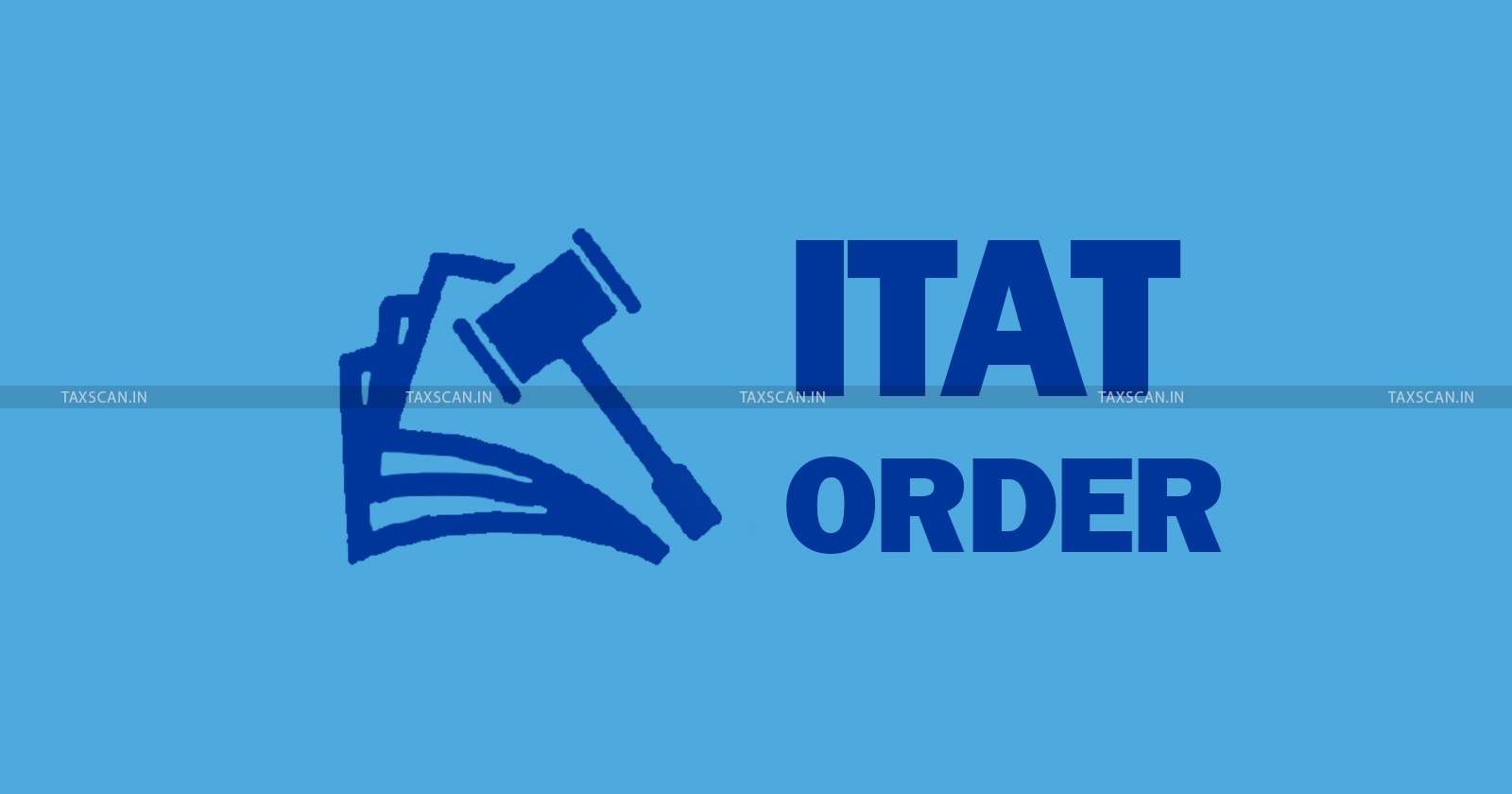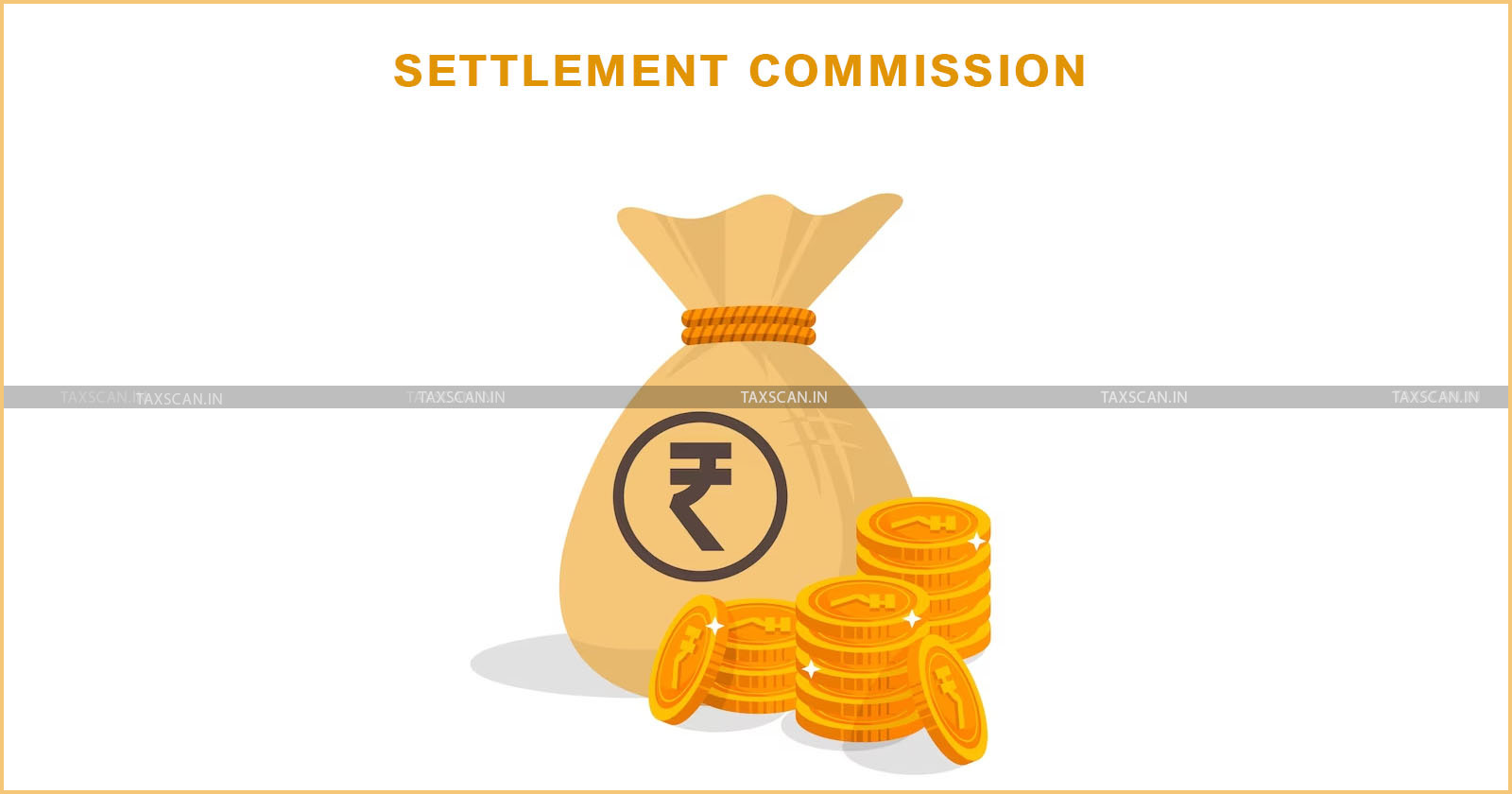Section 149 Amendments Prospective, Invalidates Reopening Beyond Limitation : Delhi HC Quashes Income Tax Notices [Read Order]
The Court has invalidated multiple income tax notices and ruled that amendments to Section 149 of the Income Tax Act are prospective and cannot revive assessments beyond the original limitation period
![Section 149 Amendments Prospective, Invalidates Reopening Beyond Limitation : Delhi HC Quashes Income Tax Notices [Read Order] Section 149 Amendments Prospective, Invalidates Reopening Beyond Limitation : Delhi HC Quashes Income Tax Notices [Read Order]](https://images.taxscan.in/h-upload/2025/07/07/2060483-delhi-hc-quashes-income-tax-notices-income-tax-taxscan.webp)
The Delhi High Court has quashed several income tax notices issued under Section 148 of the Income Tax Act and held that amendments to Section 149 introduced by the Finance Act, 2012, are prospective and do not permit reopening of assessments where the limitation period had already expired.
The petitioners U.K. Paints (Overseas) Ltd., BJN Holdings (I) Ltd., and K.S. Dhingra, challenged a series of notices issued between 2014 and 2021 for assessment years ranging from 1997-98 to 2005-06. These notices sought to reopen concluded assessments, citing income escaping assessment, including allegations related to assets located outside India.
The petitioners argued that the notices were time-barred, as the limitation periods under Section 149, as applicable at the relevant times, had lapsed. They contended that the 2012 amendment to Section 149, which extended the limitation period to 16 years for cases involving foreign assets, could not be applied retrospectively to revive assessments that were already barred.
 Also Read:TDS Deducted, Physical Verification Done, Payments by Cheque : Madras HC Upholds ITAT Order Allowing Development Expenses, Rejects Revenue’s Appeal [Read Order]
Also Read:TDS Deducted, Physical Verification Done, Payments by Cheque : Madras HC Upholds ITAT Order Allowing Development Expenses, Rejects Revenue’s Appeal [Read Order]
The petitioner’s counsel submitted that the notices were invalid on multiple grounds: the notices were issued to non-existing entities in some cases, the reasons for reopening did not pertain to the relevant assessment years, and the petitioners, being non-residents, could not be subjected to reassessment for foreign assets.
The counsel argued that the Finance Act, 2012, amendments to Section 149 were not expressly retrospective, and thus, assessments that had attained finality due to the expiry of limitation periods (ranging from 2004 to 2012) could not be reopened.
The Revenue argued that Section 149(1)(c), as amended in 2012, applied retrospectively, allowing reopening of assessments for up to 16 years in cases involving foreign assets. The counsel relied on the Explanation to Section 149 and notes to the Finance Bill, 2012, to argue that the amendment was intended to cover earlier assessment years.
The bench, comprising Justice Vibhu Bakhru and Justice Tejas Karia, examined the legislative history of Sections 147 and 149 of the Income Tax Act. The court noted that prior to the 2012 amendment, Section 149 prescribed limitation periods of four to six years for reopening assessments, depending on the amount of income escaping assessment.
The Court observed that 2012 amendment introduced clause (c), extending the period to 16 years for cases involving foreign assets, effective from July 1, 2012. It relied on Supreme Court precedents, including K.M. Sharma v. Income Tax Officer and S.S. Gadgil v. Lal & Co., which established that amendments extending limitation periods are prospective.
The court observed that the Explanation to Section 149, as amended by the Finance Act, 2012, did not unequivocally indicate retrospective application to revive time-barred assessments.
The court further highlighted that the assessments for the years in question had attained finality, with limitation periods expiring between 2004 and 2012. The Court quashed the impugned notices, ruling that the amendments to Section 149 were prospective and could not be used to reopen assessments beyond the limitation periods applicable at the time the assessments became final.
 Also Read:No Interference with Order by Income Tax Settlement Commission Unless Contrary to Law or involves Bias, Fraud, or Malice: Madras HC [Read Order]
Also Read:No Interference with Order by Income Tax Settlement Commission Unless Contrary to Law or involves Bias, Fraud, or Malice: Madras HC [Read Order]
The court opined that explanation added to section 149 and explanation 4 added to section 147 needed to be examined for their legislative intent. Therefore the court placed this issue before the Chief Justice to constitute a larger bench.
The case was listed on 25.07.2025.
Support our journalism by subscribing to Taxscan premium. Follow us on Telegram for quick updates


